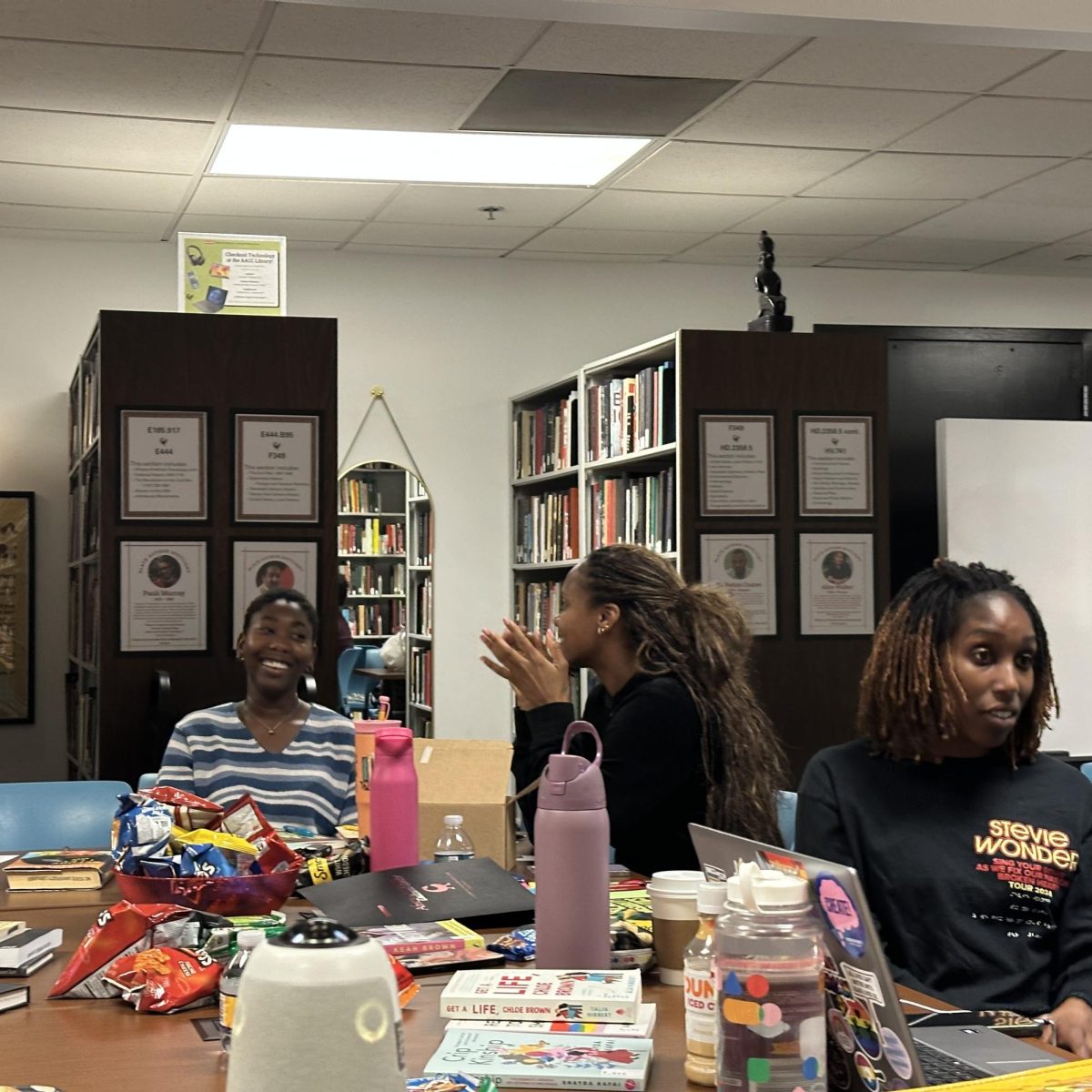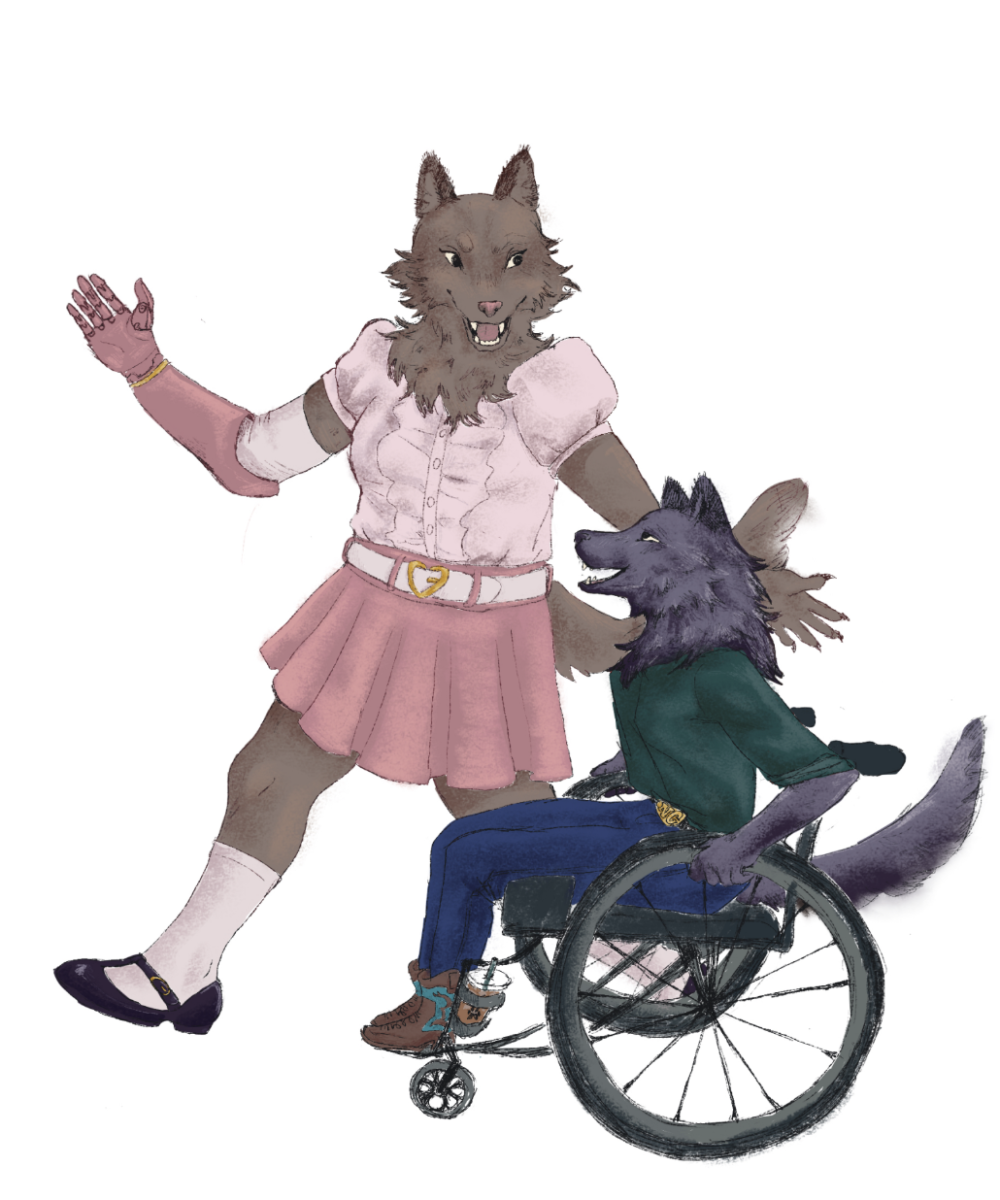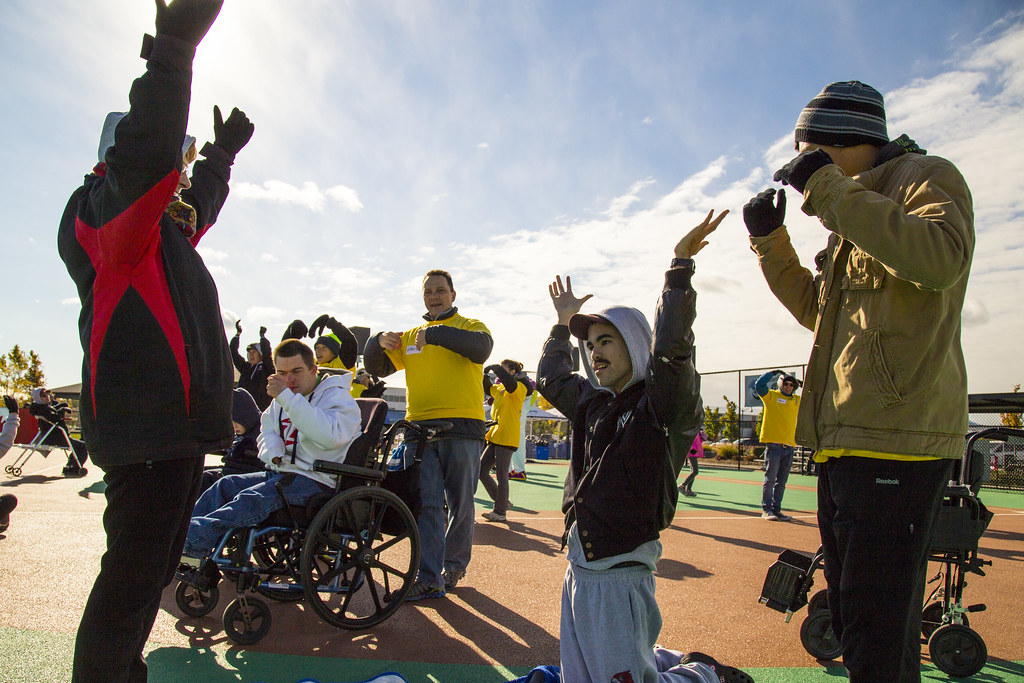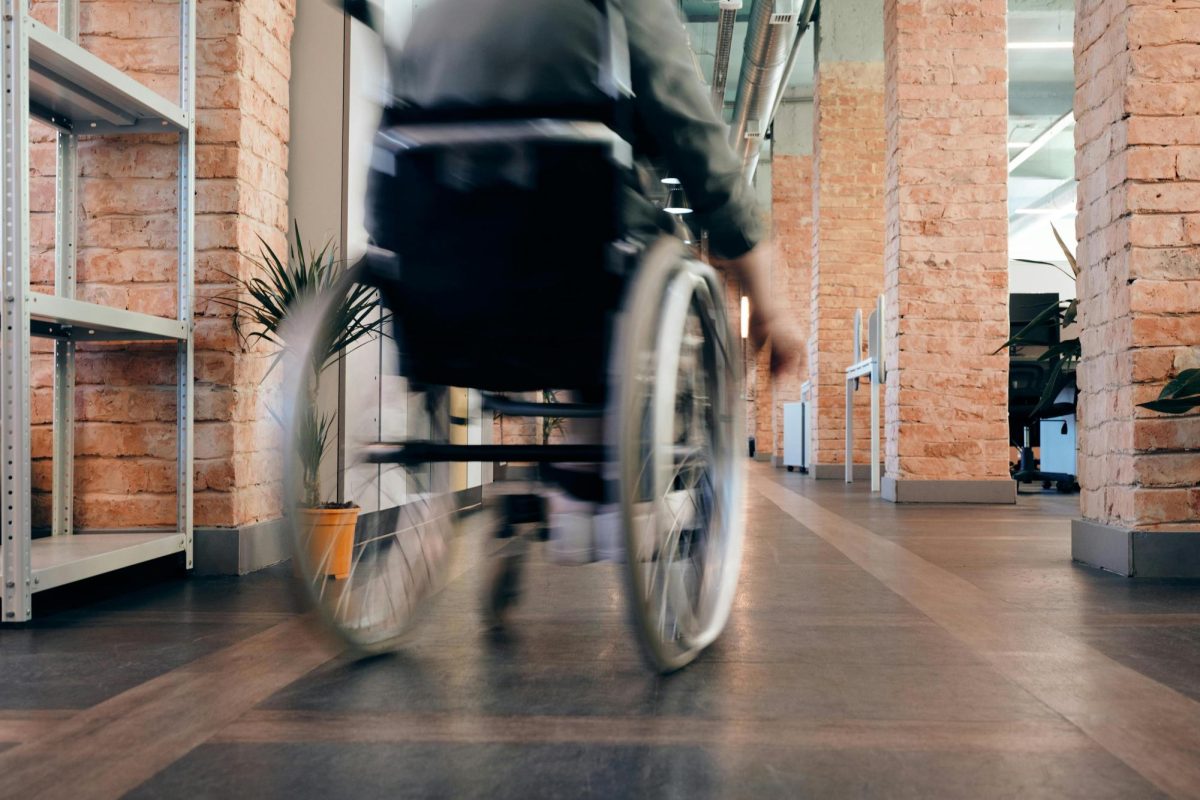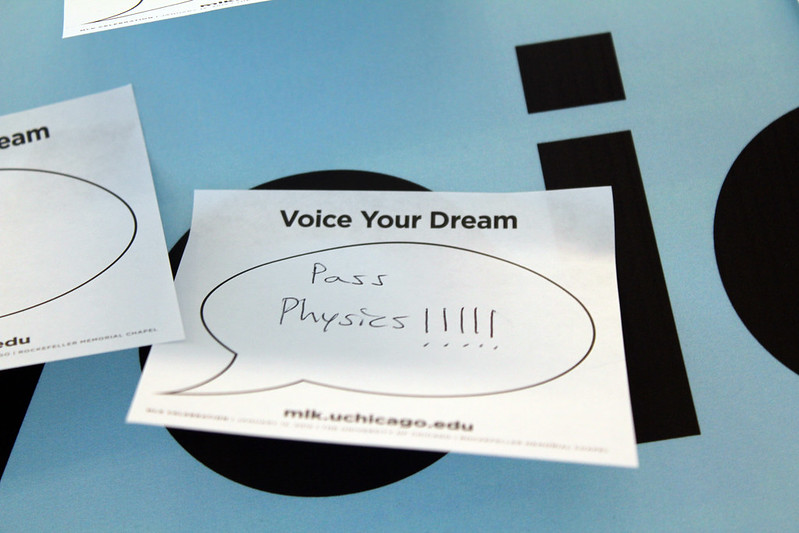In celebration of Pan-African Week, the Black Students Board (BSB) hosted a cultural renaissance of an event that braided stories of our past, present and future together. The Hair Expo hosted a community of students and staff of all ages to learn some foundational skills for braiding hair. Lastyne Bonner, a professional hair braider in Raleigh, led the event gracefully instilling confidence in the abilities of every participant.
Bonner began the event by telling her personal experiences of braiding hair in New York, explaining how her ability to braid hair allowed her to build a community of clientele. Her skills and services proved to be essential in isolation during the COVID-19 pandemic.
It was during this time that Bonner realized her true potential and began working relentlessly to build her own brand “Braids by Lastyne,” which she founded in 2019. Lastyne also hosts one-on-one classes on stitch braiding, knotless braiding and product knowledge. Bonner is a shining example of how taking a common service to the next level can build communities in any location. She stressed to everyone at the Hair Expo that “all hair is good hair, you just have to learn how to take care of it.” Bonner took the time to celebrate the diversity of everyone’s hair, expressing that all people should take pride in their natural hair.
Humans have always celebrated hair, whether for its length, color, style or texture. Anthropological research reflects the widespread belief that hair is not only a physiological phenomenon but also a social one. Social meanings and connotations of hair have historically been symbolic for humanity, evolving into indications of status and profession. In the context of Pan-Af Week, hair is being celebrated as a symbol of cultural identity and pride. Our hair is a source of empowerment. History has emphasized the spiritual significance of hair throughout many religions. Through styling, we can take back control and embrace our hair as a symbol of dignity. Enslaved Africans were observed during the colonial periods with a variety of hairstyles, as this was often one of the only acceptable forms of self-expression.
The Hair Expo is a critical reminder to our Black community that has long endured the social pressures of conforming to European ‘beauty standards.’
Pan-Africanism reminds us that our strength is found in our solidarity.
The Hair Expo celebrates diversity and the natural beauty of African hair while promoting self-expression and empowerment. This is highlighted by the resurgence of a natural hair movement. Black people across the world are reclaiming their cultural heritage and embracing the beauty, diversity and intricacies of natural hair textures. Empowering ourselves is the first step towards social change. When we say that we’re Black and we’re proud loudly, our society has no choice but to respect our determination.
Modern media plays an active role in promoting cultural representation and enhancing the natural hair movement. Representation is certainly impactful, especially to inspire our younger generations of Black children to thrive as their most authentic selves. For many of us, hair is a lot more than a physical attribute. The first hairstylists for many children are their parents, highlighting the bonds that can be strengthened through haircare and styling.
Although hair types, styles and colors vary across the world, hair has proven to be a powerful outward representation of identity. It provides both biological and genetic information and can be observed across societies as a symbol of identity. Embracing your hair and authentic self is liberating.

